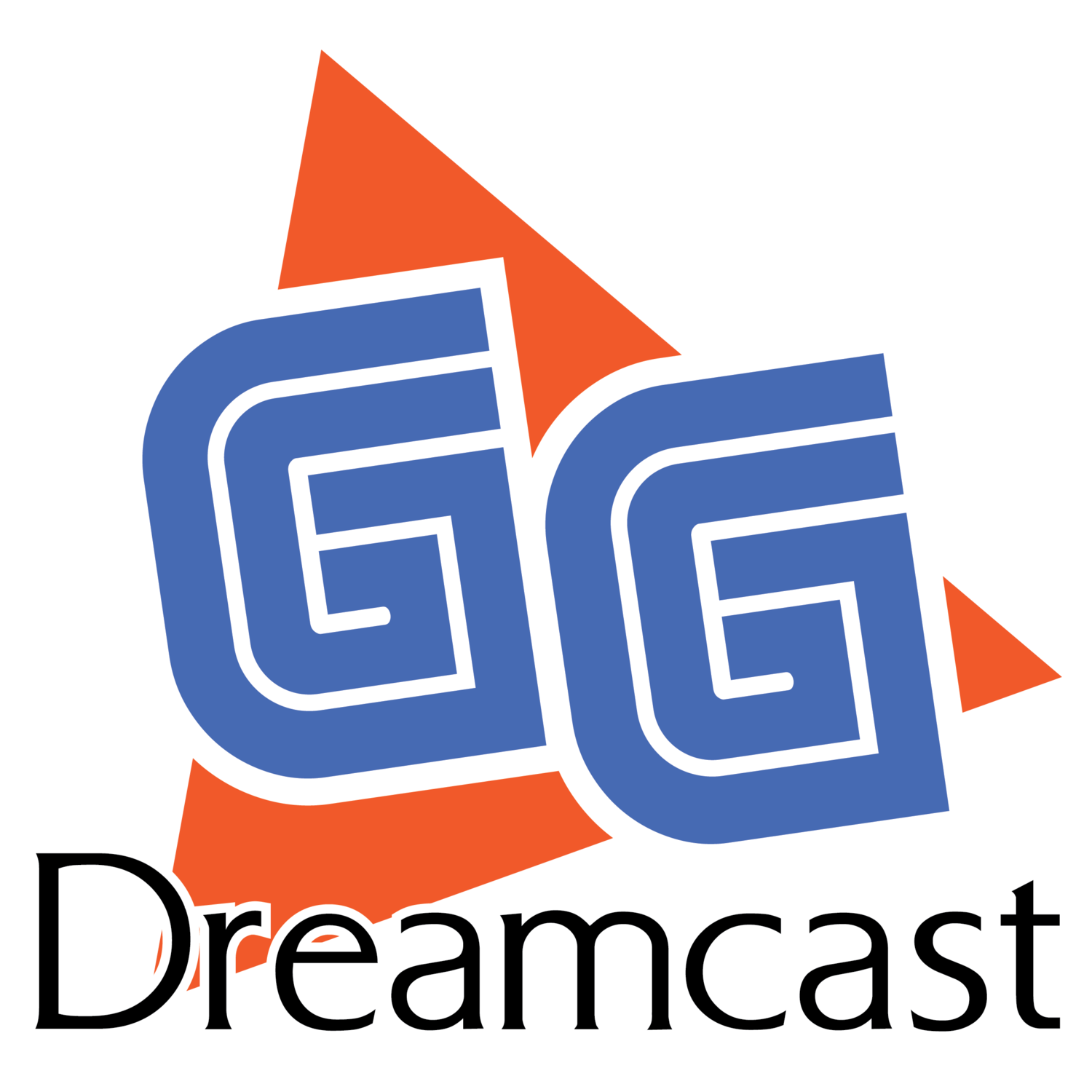Donald Duck : Goin’ Quackers
Developer - Ubisoft (Casablanca studio)
Publisher - Ubisoft
Lead Designers - Patrice Désilets (original game design); Jason Arsenault (Dreamcast lead)
Lead Programmers - Olivier Jourdan, Mohammed Saddoune
Artistic Director - Mohamed Gambouz
Composer - Daniel Masson
Genre - Platformer
Dreamcast Release Dates - December 13, 2000 (North America); December 15, 2000 (Europe); Unreleased (Japan)
Additional Releases - Playstation, Playstation 2, Windows, Nintendo 64, Gameboy Color, Gameboy Advance, Gamecube
Current Average Price - $45
It would be easy to dismiss Donald Duck Goin’ Quackers as a cash-grab game for kids. But it’s more interesting than that. Much like the excellent Disney-based games of the 16-bit era (such as Aladdin and Castle of Illusion) Goin’ Quackers is a solid platformer with great controls, lovely art, excellent music, and captivating levels.
Developed by Ubisoft Casablanca (in Morocco), it was the first console video game to be developed on the African continent.
While I can’t speak to the quality of every version of this extremely multi-platform game, the Dreamcast version of Goin’ Quackers is good fun.
It was developed using the same engine as Rayman 2, a much-loved platformer, so Goin’ Quackers’ DNA is strong. From there we have the typical Disney flair - cartoon environments, slapstick humor, and high level voice talent.
Plot and Gameplay
The plot of the game is pretty sparse. The game opens with Donald Duck watching a news report on television. Donald’s long-time love interest, Daisy Duck, is a reporter broadcasting live from the freshly discovered lair of the evil magician Merlock. She’s captured (live on TV) and Donald and his friends launch into action to save her.
One of Donald’s friends is an inventor named Gyro Gearloose (a classic Disney character who first appeared in 1952), and he’s constructed a teleporter which can hypothetically transport Donald to Merlock’s lair. But it doesn’t have enough power. To activate the teleporter Donald must first set up power relays in four different zones.
Each of the four zones contains four stages through which Donald must run, jump, collect toys and puzzle pieces (which opens the boss stage), and defeat enemies. Once the four stages of each zone are completed and the boss stage puzzle pieces collected in each stage, the boss stage is accessible. Donald must defeat each boss to proceed to the next zone. Each of the fours zones also contains a bonus stage, in which Donald must run blindly forward (toward the camera) to escape from an on-rushing enemy (similar to the GUN truck escape segment in Sonic Adventure 2’s City Escape opening stage).
The game is played similarly to platformers like Crash Bandicoot, in which the player controls Donald as he runs through vertical corridor stages. In addition, approximately half of the stages adopt a more traditional side-scrolling platformer perspective, lending the game’s stages some variety.
Gameplay is solid. The controls are great. Donald’s animations are smooth and precise. Combat is simple - bounce on an enemy or smack them. But don’t get hit. Getting hit once makes Donald mad. Getting hit twice loses a life.
It’s basic, but for Disney fans, Donald Duck fans, or platformer fans, it’s also pretty good!
The Reviews
When the game released, reviews were pretty harsh. EGM scored the game particularly low, rating it 5.5/10.
Mostly they complained that the game was for kids, and that it was short.
Let’s look at these criticisms today.
They didn’t like that their Donald Duck game was made for kids? What did these people expect? A dark Donald Duck origin story? A gritty noir take on Duckburg in which Scrooge McDuck becomes a drug trafficker with Donald as his hitman? Obviously these people hadn’t yet experienced Shadow the Hedgehog (2005). Be careful what you wish for.
Goin’ Quackers does not miss the mark when it comes to its target demographic. It was made for kids because… it’s made for kids! Play it as an adult and let yourself be a kid for a couple of hours. Or let your kids play it, like I did, and see for yourself that the developers knew what they were doing (the game was a perfect fit for my five and seven year old daughters, who loved everything about it - including the difficulty level).
As for the game’s length? Okay, it’s true that the game can be completed in about two hours, and for some that may be too short. But to be fair, a completionist finish will double that time to about four hours and, for me, that’s the exact amount of time that I want to play any Disney platformer.
Final Thoughts
Donald Duck Goin’ Quackers isn’t a contender for game of the year, and it’s not going to change anyone’s life. But it’s a solid, respectable, charming platformer, and it’s absolutely worth playing.
I love it, and my kids do, too.
But see for yourself. I’ve recorded a full longplay of Donald Duck Goin’ Quackers, which can be viewed here on this page or on the GG Dreamcast YouTube channel.




